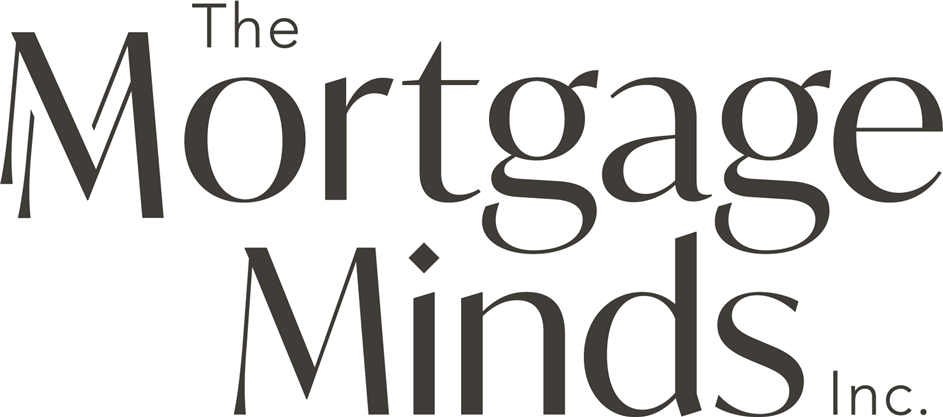
Michelle Lapierre
Mortgage Prepayment Penalties - Why Are The Big Banks' Penalties So Much Higher?
2/16/2015
Mortgage Prepayment Penalties
Why Are The Big Banks' Penalties So Much Higher?
If you’ve gotten a mortgage through me you’ve probably heard me say “rate is important, but the terms of your mortgage are the most important.” Prepayment penalties wouldn’t matter if they were small and no one ever paid off mortgages early. But they can be huge! Depending on your mortgage size and how early you’re paying it off, the penalty can amount to tens of thousands of dollars. You may think you have no intention of paying off your mortgage early, but things can change. You may inherit money or get a big raise. You may be forced to sell due to a growing family, divorce, or death in the family. Or you may simply want to refinance to get a lower rate. Any of these things can result in you paying a prepayment penalty.
Most closed fixed-rate mortgages have a prepayment penalty of 3 months’ interest or the Interest Rate Differential (IRD), whichever is HIGHER. To calculate the IRD, the bank subtracts the mortgage rate you originally agreed to pay from the rate it can charge today, and then multiplies that by the amount you are prepaying.
So Why are the Big Banks Higher?
An IRD was intended to ensure return on investment for those that provide funds for mortgages. If you break your mortgage early, it pays the investor any interest they’ve lost. That makes sense. But the big banks have turned it into another way to overcharge clients. To inflate the IRD, when a bank calculates your original interest rate they determine your discount from the posted rate on that term. If you break your mortgage they then apply that same discount to your penalty formula.
Big Bank vs. Monoline Mortgage Lenders
Monoline lenders don’t have a bricks and mortar building and only sell through brokers. There are a lot of reasons I am a fan of monolines. One of the biggest reasons is how they calculate prepayment penalties when you break your fixed mortgage term. Most monolines have MUCH lower posted rates so the discounts that inflate the prepenalties at the big banks don't apply.
Example:
If you got a 5-year fixed mortgage in February of 2012 for $350,000 at 2.99%. Now you want to break it and the current balance is $325,000 with 2 years remaining. RBC has a posted rate on their 2-year term of 3.14%. First National has a 2-year term posted rate of 2.59%. Here’s how those two lenders, one big bank and one monoline, would calculate your penalty:
RBC:
2.99 + 1.95 (the original discount you received off the posted rate) = 4.94%
(4.94% - 3.14%)/12 = 0.0015 Monthly IRD Factor
.0015 x $325,000 x 24 months remaining = $11,700*
First National Financial:
(2.99% -2.59%) / 12 = .00033 Monthly IRD Factor
.0003333 x $325,000 x 24 months remaining = $2,600*
That’s right…. a $9,100 difference!
* approximate calculations. I have conservatively assumed the posted rate for a 5 year term in Feb. 2012 at RBC was 4.94%. It is currently 4.74%
No, I Don’t Hate The Banks
It might sound like I’m beating up on the banks. I definitely don’t like the way they calculate prepayments because of how complicated and vague it is to consumers. But, they have their place. I still regularly sell big bank mortgages. Some people just prefer having a building they can walk into to speak to their lender. They also lend on products or properties that monolines will not. Both types of lenders are important to my clients. That said, if you can get approved for both, the flexible terms on a monoline give you a cheaper mortgage over time.
As your mortgage broker, my job is not just to get you the best rate, but help you understand the other terms of your mortgage that can impact your overall mortgage costs. If you have a renewal coming up with a big bank, this is a great time to try out a monoline lender and protect yourself from high IRD charges in the future.




























